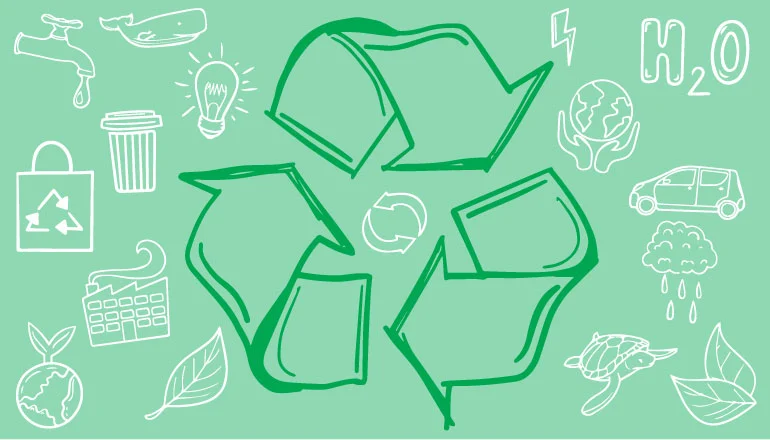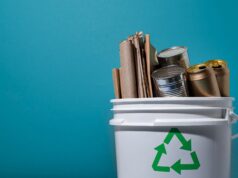A recycling consultant is an expert in managing recycling processes. He is both a facilitator and a specialist in industrial waste. Its aim is to improve the reduction, collection and treatment of waste in companies, large and small.
Recycling consultants offer their partners customized solutions that will increase their diversion rate out of landfills, minimize their waste management costs and help them achieve their sustainability goals. They offer solutions to all your recycling and waste management needs.
The recycling assumeSource: s the functions of:
– mobilization of businesses on the challenges of improving their waste management practices.
– occasional information for companies on regulations or local possibilities for eliminating non-hazardous industrial waste.
– diagnosis and advice to companies’ upstream recycling methodologies
– animation of groups of companies brought together territorially for collective management of their waste.
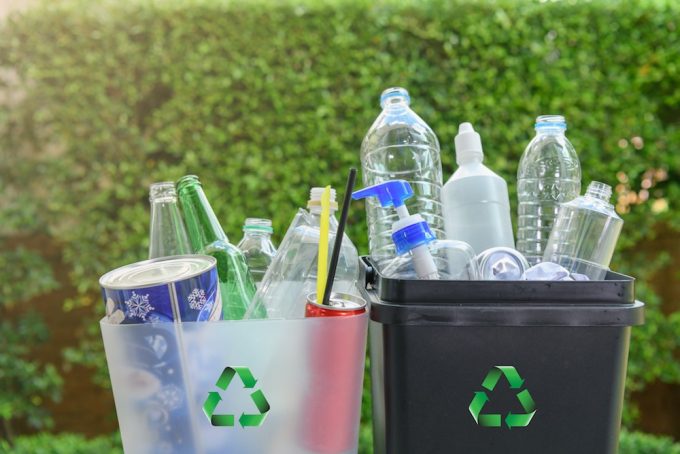
Recycling consultants work as business advisors to help businesses set up recycling operations and ensure they follow all US federal and local laws and rules. Because they know a lot about recycling, including logistics, rules, and some other rules, they may be able to tell businesses how to better deal with their waste.
The main job will be to do waste audits, but as a recycling consultant, they may also be asked to do other things, including making the workplace more eco-friendly.
What does a recycling consultant do in the United States
Recycling experts help people and businesses cut down on waste, reuse it, recycle it, and get rid of it. They help businesses figure out how to cut down on greenhouse gas emissions. They help companies find methods to use less energy, water, and trash.
Most of the time, environmental consultants who want to make the future more sustainable hire recycling consultants. Most of the time, they work for companies whose owners want to improve the recycling processes. They can be hired by businesses and organizations to offer guidance on how to recycle better, what kinds of things to recycle, and how to recycle them.
Jobs of recycling consultant
In the United States, recycling and dumpster rentals are big businesses. The government wants people to recycle, and in some cities, it is even required. Since this is the case, more customers are turning to recycling consultants.
Recycling consultants often work with businesses and organizations that make a lot of waste that can be recycled. They can help a business or organization save funds by reducing the amount of garbage that needs to be taken to a landfill or by finding the best place to recycle the trash.
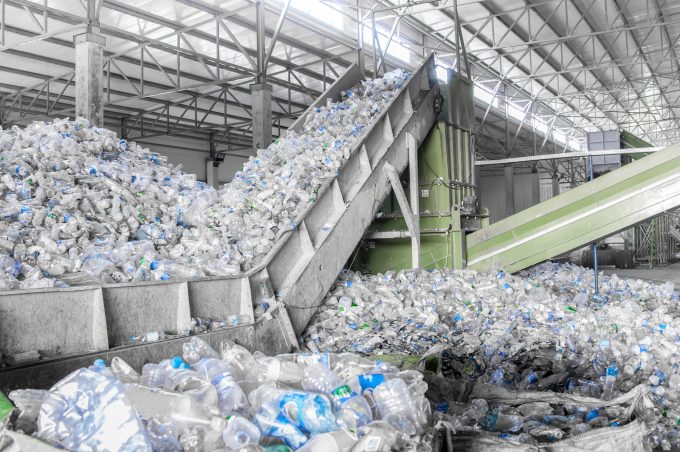
Recycling consultants help their communities set up recycling programs. They also help and run programs for recycling, sometimes using dumpster rentals. Some recycling consultants work for the government, while others work for recycling groups that don’t make money or for businesses that recycle.
With the assistance of a recycling expert, they can find out what can be recycled in their area and how to recycle them. They might work with community groups and local governments to start recycling programs, and they might teach employees at nearby businesses how to recycle in the best way for their business.
According to waste management experts at Bargain Dumpster, recycling consultants are in charge of contacting local businesses to encourage recycling.
They will also monitor that the dumpster trucks are running on schedule and that the right items are picked up in the recycling stream. Also, they are the ones who sell recyclable materials and sign contracts with buyers.
They will work with you to evaluate one recycling policy and ensure your system for dealing with all forms of trash is working optimally. They will also be able to make sure that your system follows all local, state, and federal rules.
One of the most important things a recycling consultant does is teach people how to better manage waste and recycle systems. They are in charge of ensuring companies know how to sort their recyclable items and have the right colored bins for that purpose.
They can assist in establishing ways for your business to recycle. Even recycling is done by people who are trained to do it. This is a great choice for small businesses that may not have the time or money to set up their recycling center.
What an American recycling consultant needs to do
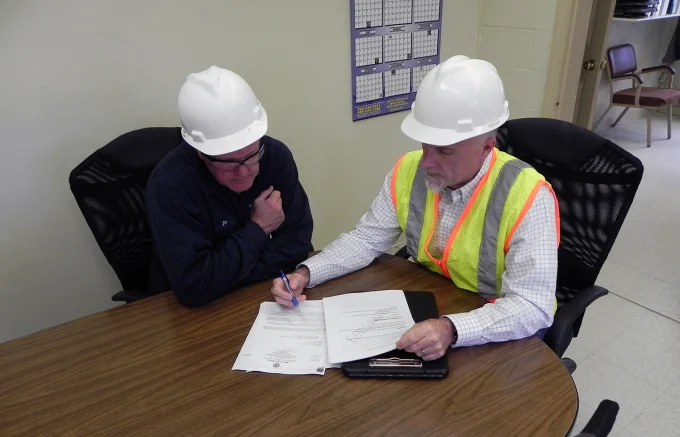
If you want to start your own recycling business, you need to know about the different responsibilities that come with it. A recycling consultant may have to do the following things.
Work with various recycling businesses to increase the number of recycling programs.
Work with the city, businesses, and schools to ensure recycling is done correctly.
Find the best way to recycle certain things, such as battery packs, phones, computers, and other things.
Work with companies that recycle to find a new way to recycle certain things.
Help local governments come up with simple ways to recycle.
Get businesses involved in recycling projects to make them better.
Recycling consultants often work with the local governments to start new recycling programs, improve the ones that already exist, and teach the public about recycling.
Recycling consultants are needed
Recycling consultants advise on recycling, reducing waste, and other things that have to do with recycling, which helps a recycling program work. They give organizations and businesses advice and help on how to recycle and reduce waste.
They also give information on different ways to recycle and reduce waste, which can help a company come up with and carry out a successful zero-waste strategy. They also help businesses manage and spread the word about their recycling programs.
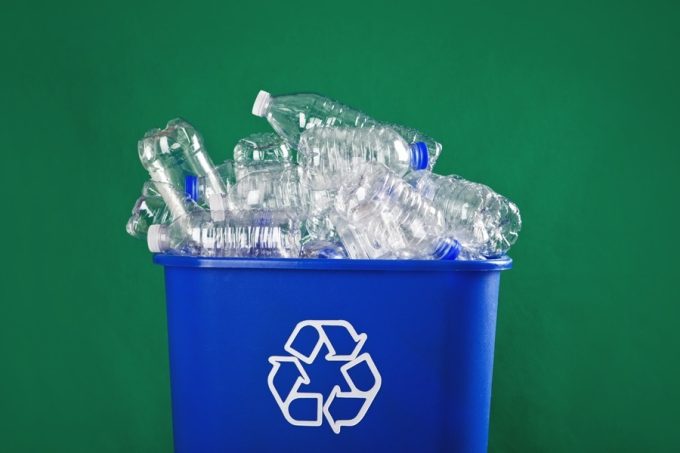
A recycling consultant in the United States is responsible for many tasks. The role of a recycling consultant is to advise businesses and organizations about how to recycle to save money and resources.
Recycling consultants typically work for a recycling company or a company/group spearheading a green revolution. They frequently assist businesses and organizations in evaluating which products may and cannot be recycled on-site. They also help businesses and organizations ensure the efficiency of their recycling.

